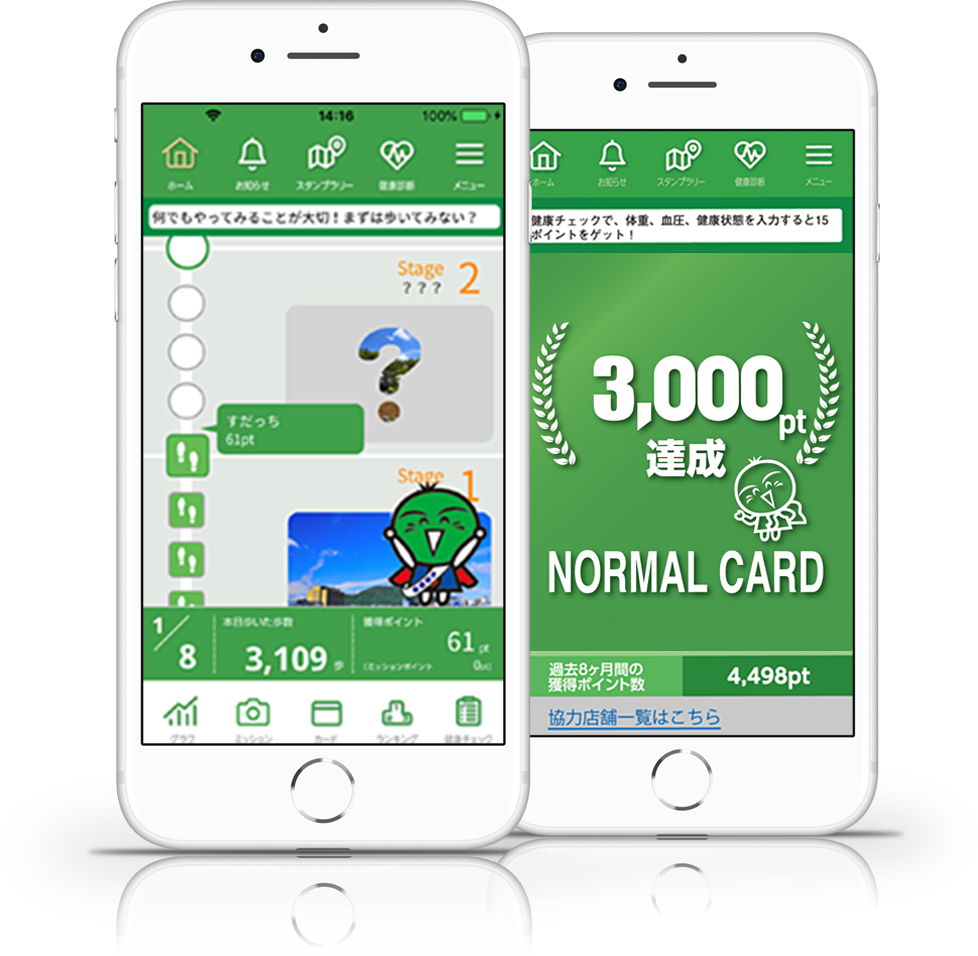 As local governments across the UK explore innovative ways to improve public health and alleviate pressure on healthcare systems, the “TekuToku” app from Tokushima Prefecture in Japan offers a valuable model. This smartphone app, designed to encourage healthier lifestyles through incentives, integrates gamification and public-private partnerships to motivate individuals to improve their well-being. By blending health promotion with fun and rewards, Tokushima’s approach provides key lessons for UK councils seeking to engage their communities in proactive health initiatives.
As local governments across the UK explore innovative ways to improve public health and alleviate pressure on healthcare systems, the “TekuToku” app from Tokushima Prefecture in Japan offers a valuable model. This smartphone app, designed to encourage healthier lifestyles through incentives, integrates gamification and public-private partnerships to motivate individuals to improve their well-being. By blending health promotion with fun and rewards, Tokushima’s approach provides key lessons for UK councils seeking to engage their communities in proactive health initiatives.
The TekuToku app promotes wellness by tracking users’ physical activity and other health-related behaviours. Through activities such as walking, logging daily health data, and participating in wellness events, users earn “health points.” For example, steps are tracked with 100 steps equalling one point, and additional points are awarded for regular logins, recording weight or vegetable intake, and attending health screenings. By accumulating these points, users can access a range of benefits, including discounts at local businesses or participation in prize draws.
The app’s rewards system is designed to encourage long-term engagement with healthy habits. Users who reach 3,000 points become eligible for discounts at participating stores, while those earning 6,000 points can enter prize draws held twice a year. Points can be used for a variety of rewards, with higher thresholds offering more valuable prizes. This structure helps users feel motivated to continue maintaining a healthy lifestyle, knowing that their efforts are rewarded in tangible ways.
A distinctive feature of the TekuToku app is its use of gamification, which transforms everyday activities into engaging challenges. One of the app’s standout elements is the virtual “Shikoku 88-Temple Pilgrimage,” a digital route covering a total distance of 1,200 kilometers. As users walk in real life, their progress is reflected on this virtual pilgrimage, creating a sense of adventure and accomplishment. Additionally, the app includes a “Vegetable Recipe” feature, offering simple, nutritious recipes to help users improve their diet by incorporating more vegetables. These playful, interactive features turn healthy choices into fun experiences, making wellness feel more accessible and less like a chore.
The app also fosters a sense of community through events such as the “Tokushima WalkBiz Championship,” where workplace teams compete to achieve the highest average step count. This competition not only engages participants but also helps build camaraderie among teams, while promoting physical activity in a fun and competitive environment. Over the years, the championship has attracted hundreds of participants, highlighting the effectiveness of group-based health challenges.
Another key aspect of the TekuToku initiative is its collaboration with local businesses. The app’s rewards system relies on partnerships with local stores, which offer discounts or benefits to users who reach certain point levels. For example, when a user accumulates 3,000 points, they can enjoy rewards from these businesses, while 6,000 points grant entry into prize draws featuring Tokushima’s local products. This model creates a win-win scenario: local businesses benefit from increased foot traffic and customer engagement, while the community benefits from improved health outcomes and economic support. Larger corporations, such as Seven-Eleven and food manufacturers, have also joined the initiative by sponsoring events and promoting healthy food options through the app.
For UK local governments, the TekuToku model offers several potential benefits. At a time when public health services are under strain from rising obesity rates, an aging population, and growing healthcare costs, Tokushima’s approach could provide an effective solution. By developing a similar app-based initiative, UK councils could engage residents in maintaining healthy habits, using points and rewards as motivation. Additionally, local councils could collaborate with businesses to support the local economy while promoting public health. This could include partnering with stores to offer discounts or benefits, as well as organising community-wide challenges that foster a sense of collective responsibility for health.
The TekuToku app’s gamified approach also holds particular appeal. By creating virtual experiences linked to real-world health activities, such as digital walking tours or local landmarks, councils could inspire more people to stay active. Moreover, integrating diet-based features, like the app’s vegetable recipes, would encourage healthier eating habits at home, providing holistic support for both physical activity and nutrition.
In conclusion, Tokushima Prefecture’s TekuToku app provides a compelling example of how local governments can use technology to promote health in a way that is engaging, enjoyable, and beneficial to all. By adopting similar strategies, UK local governments could help improve public health outcomes while simultaneously supporting local businesses and fostering a sense of community. Through creativity and collaboration, the TekuToku model shows that public health initiatives can be both fun and effective, offering valuable lessons for local councils in the UK.

